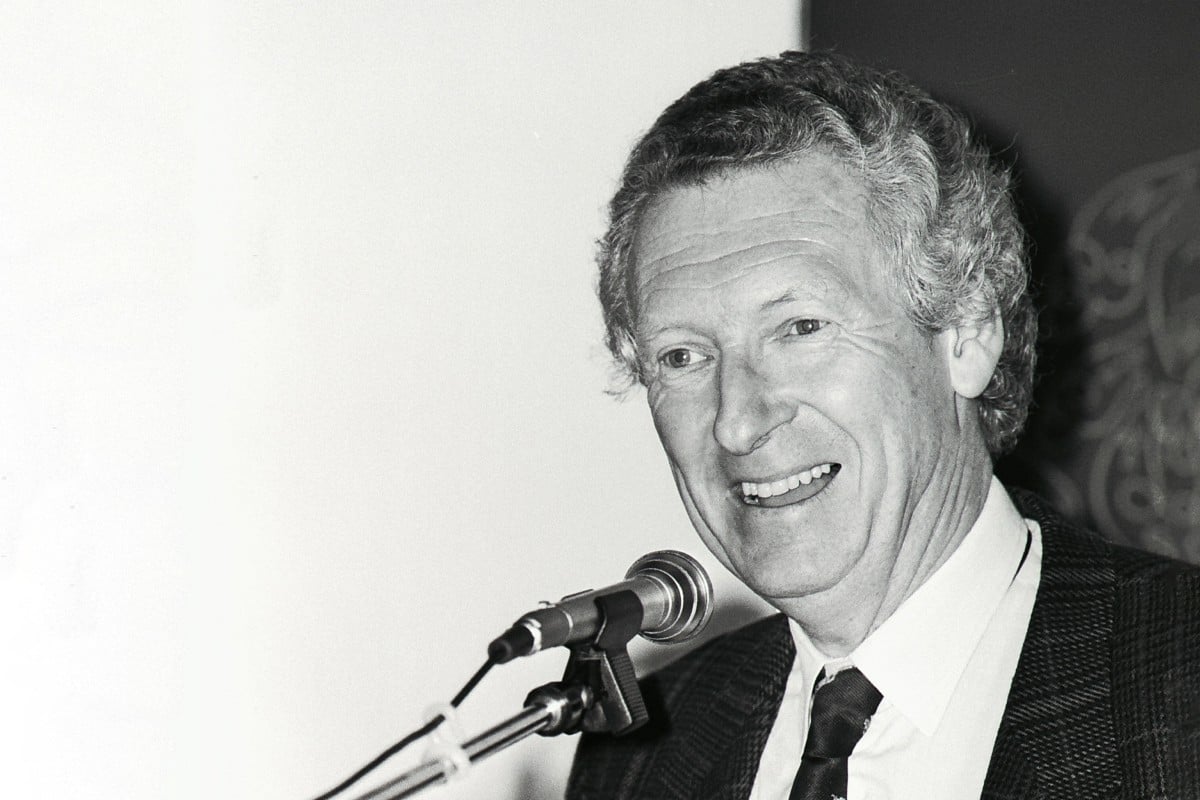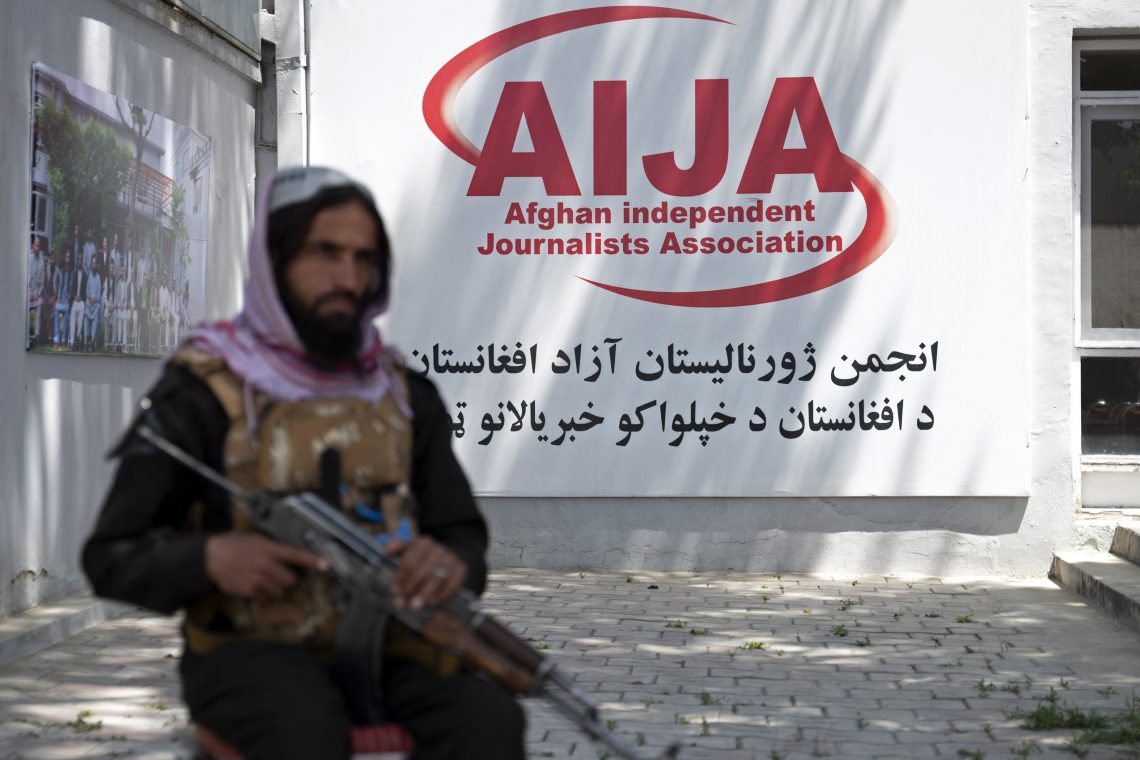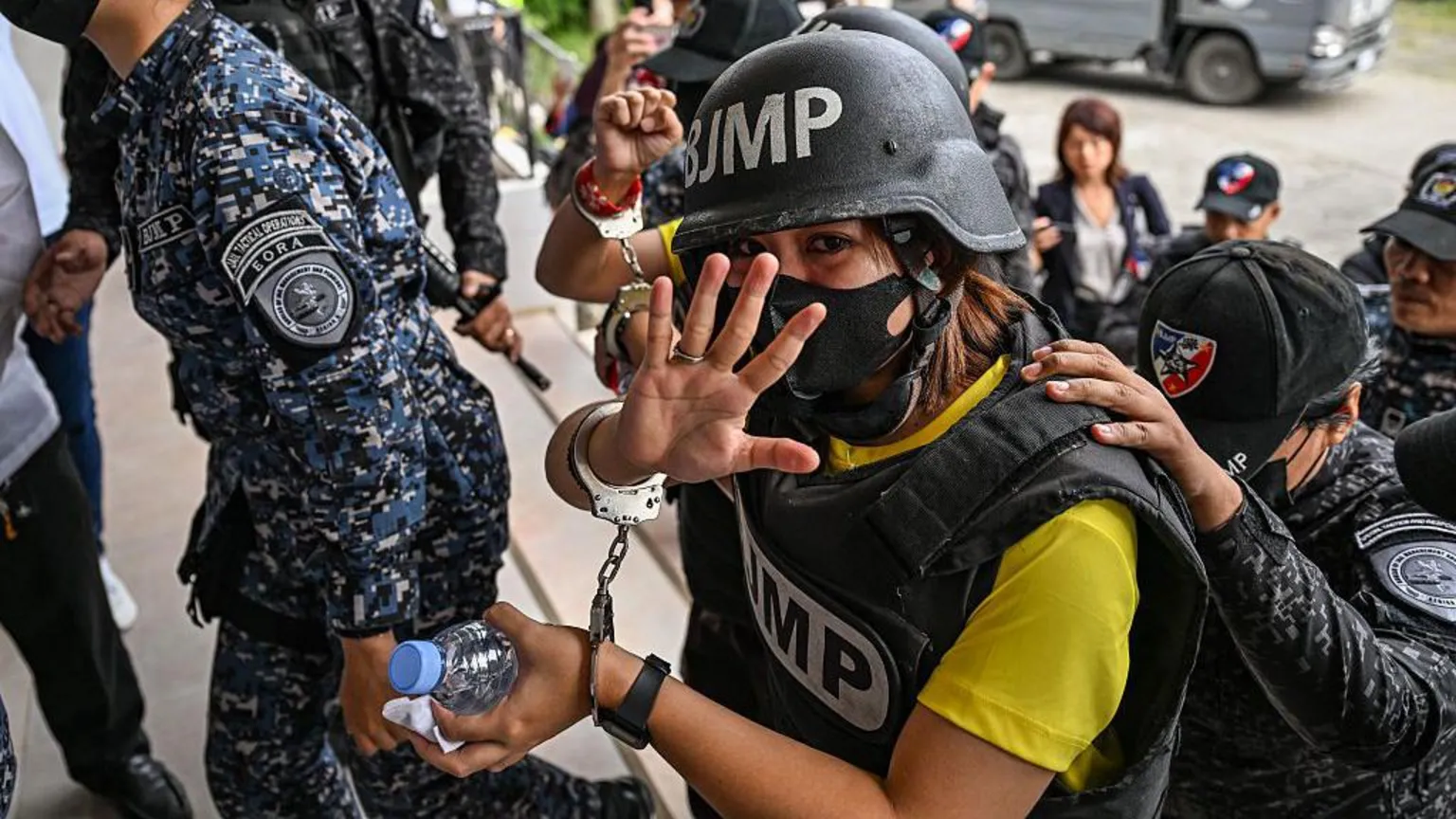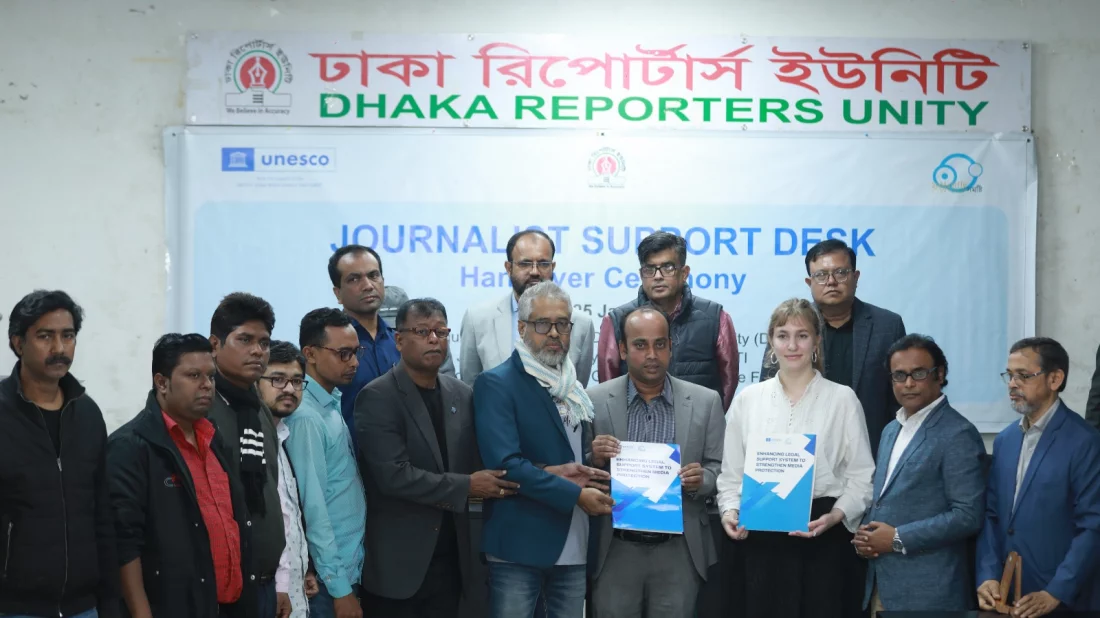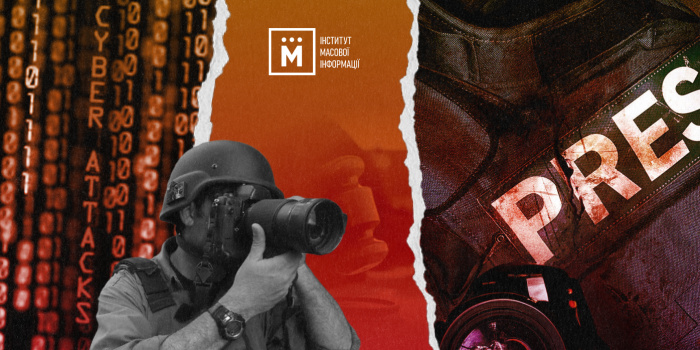
Russia’s War on Ukrainian Media: 24 Journalists Killed, Over 150 Press Violations in 2024
January 19, 2025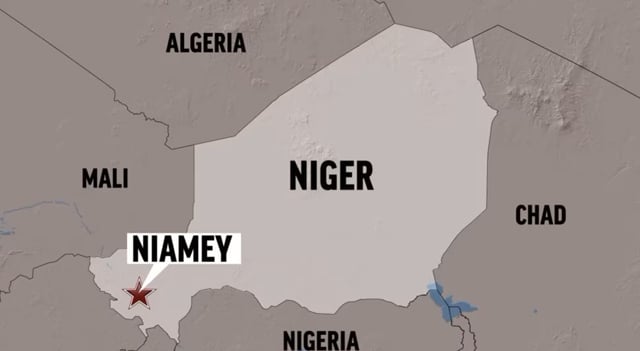
Niger: Journalist Arrested, Canal 3 Suspended Over Satirical Report
January 19, 2025January 19, 2025 – China –
In July 1967, British journalist Anthony Grey, then the Reuters correspondent in Beijing, was placed under house arrest by Chinese authorities in a retaliatory diplomatic move. His confinement lasted an extraordinary 26 months, from July 1967 until October 1969, making it one of the most prolonged detentions of a foreign journalist in modern history.
Grey’s arrest came in response to the British colonial administration in Hong Kong detaining Hsieh Ping, a journalist with China’s Xinhua News Agency, during anti-British riots. Beijing viewed the detention of Chinese journalists in Hong Kong as an affront and retaliated by targeting Grey, using him as a political pawn in a wider Cold War-era media standoff.
During his house arrest, Grey was confined to his Beijing residence under strict surveillance. He was denied access to visitors, phone calls, and regular communication. In the first 17 months, he was allowed just two 20-minute consular visits. He endured isolation, intimidation, and psychological stress. In one disturbing incident, Red Guards killed his pet cat inside his compound, highlighting the cruelty of his confinement.
Despite the extreme hardship, Grey documented his experience in the memoir Hostage in Peking, offering a rare and powerful insight into life under political detention. His plight gained global attention and solidarity from the international press community. When released, he was honored as “Journalist of the Year” in recognition of his resilience and commitment to journalism.
Grey’s ordeal stands as a historic example of how authoritarian regimes use journalists as bargaining chips in diplomatic disputes. His house arrest marked a significant escalation in the politicization of the press, showing how foreign correspondents can become entangled in geopolitical conflicts beyond their control.
Bottom line: Anthony Grey’s two-year house arrest was not only an attack on press freedom but a strategic move in Cold War diplomacy. His case remains a powerful reminder of the vulnerability of journalists operating under authoritarian rule and the enduring need for international solidarity to protect the rights and safety of reporters worldwide.
Reference –

